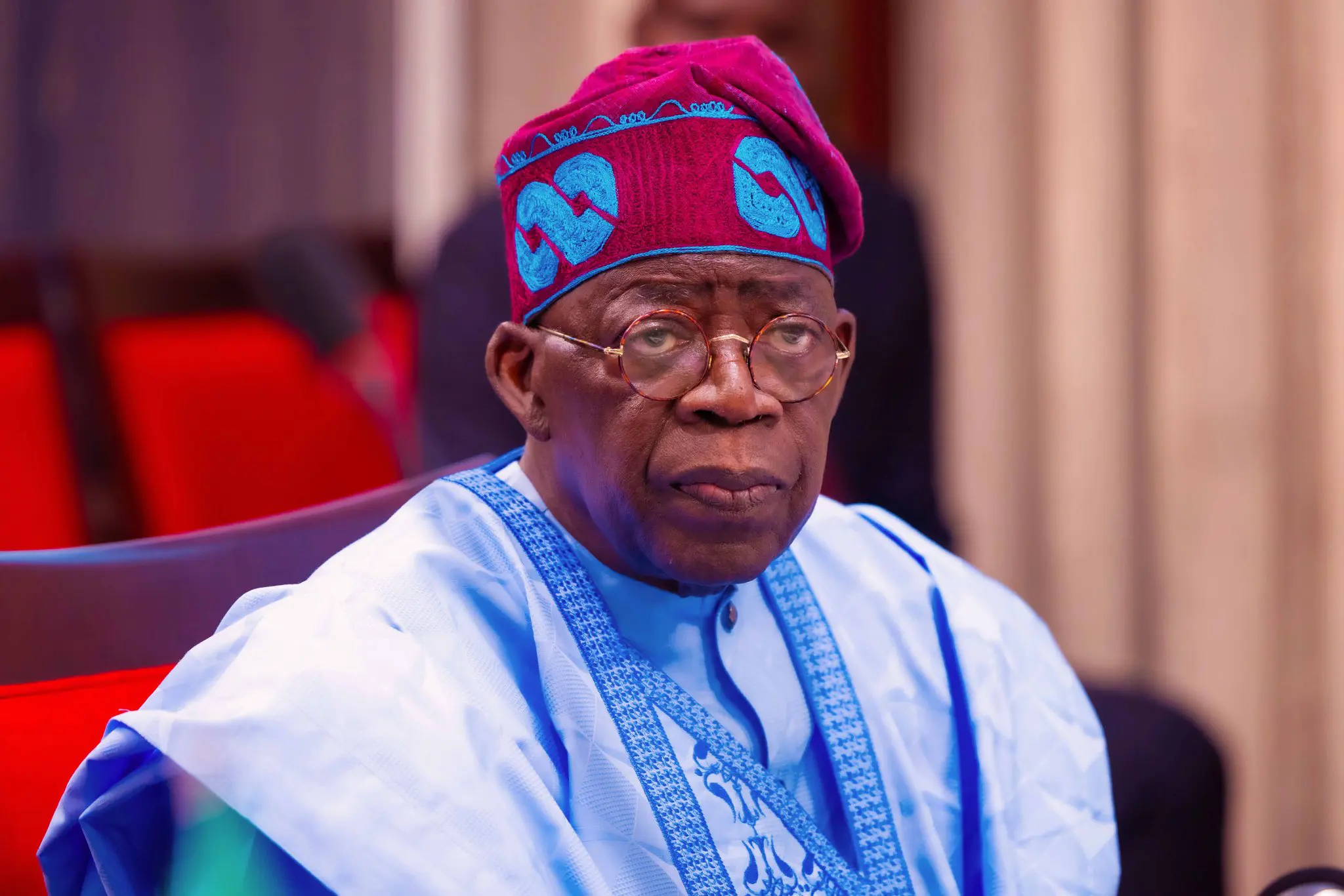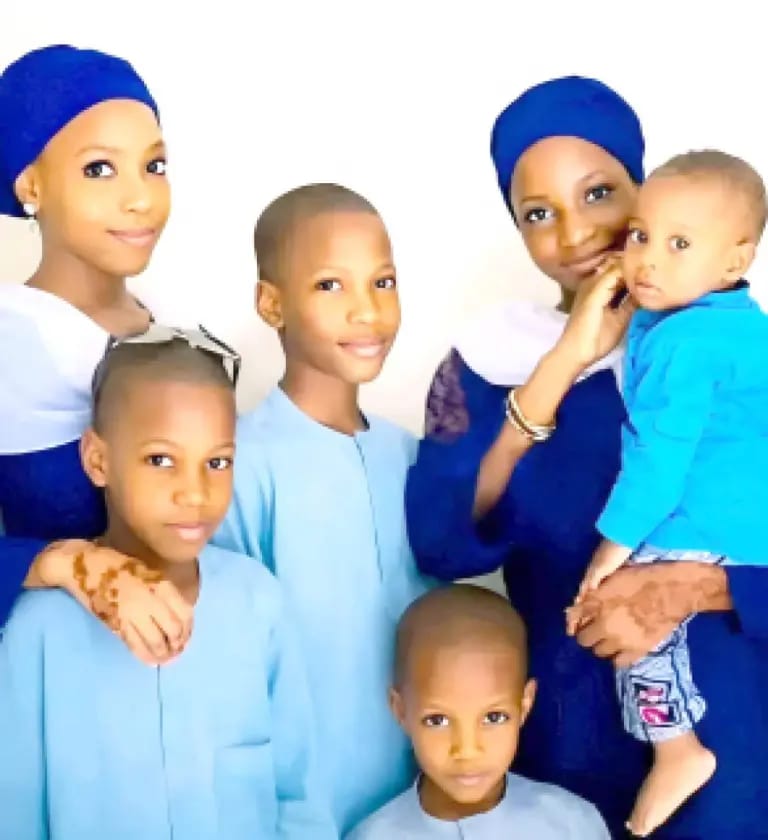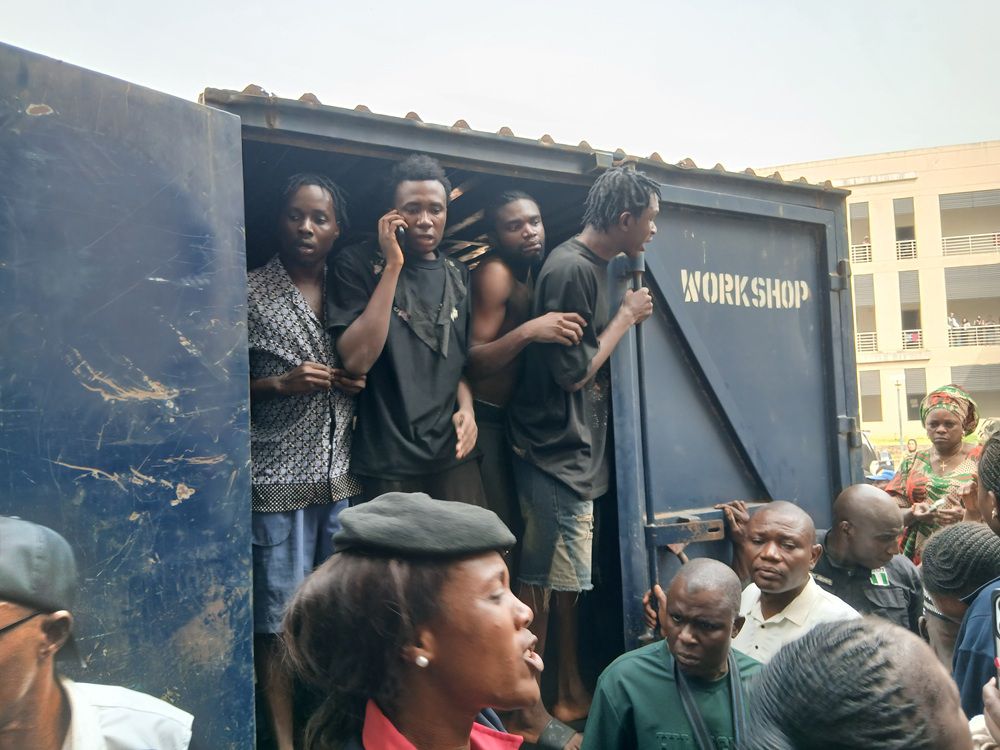President Bola Ahmed Tinubu has reaffirmed Nigeria’s commitment to ending terrorism and violent extremism across the country, despite growing international pressure and recent strong remarks issued by former United States President Donald Trump. The development has stirred significant debate across diplomatic circles, national security analysts, and political commentators, especially as it touches on sovereignty, international relations, and Nigeria’s ongoing fight against insurgency and religiously-motivated violence.
Speaking with firmness and national conviction, President Tinubu assured Nigerians that the country will not succumb to external intimidation, stating that his administration remains fully focused on strengthening the military, enhancing intelligence networks, and restoring lasting peace.
Background: Why Trump Issued the Warning
The controversy began when Donald Trump publicly expressed dissatisfaction with the Nigerian government’s handling of religious violence, particularly attacks targeting Christian communities. He warned that the United States could consider severe diplomatic actions and sanctions if Nigeria fails to take what he described as “stronger, more decisive action.”
Trump’s comments sparked international debate, with many analysts describing his remarks as unusually forceful, especially regarding a sovereign African state with deep diplomatic and economic ties to the U.S.
Tinubu’s Response: A Message of Strength and Reassurance
In reaction, President Tinubu stated clearly that Nigeria will not bow to foreign pressure, emphasizing that terrorism in Nigeria affects citizens of all religions and ethnic backgrounds.
He noted that:
- The fight against Boko Haram, ISWAP, and bandit groups is ongoing.
- The government is investing heavily in advanced weaponry and tactical operations.
- Nigeria will continue to collaborate with global partners — but not under threats or coercion.
Tinubu reiterated that Nigeria values its international alliances but will always defend its national dignity and independence.
National Security Efforts Currently in Place
Analysts observe that the Tinubu administration has made several recent moves aimed at improving national security, including:
| Security Initiative | Purpose | Current Impact |
|---|---|---|
| Increased Military Recruitment | Boost manpower for frontline operations | Ongoing deployments in major conflict zones |
| Upgraded Tactical Equipment | Improve combat readiness | Enhanced air surveillance and ground response |
| Strengthened Regional Security Alliances | Cross-border anti-terror collaboration | Joint operations with neighboring West African states |
| Community Intelligence Network Expansion | Early detection of coordinated attacks | Increased civilian reporting and intelligence gathering |
The administration insists that these measures are already yielding positive results, though challenges remain.
Diplomatic Implications
Tinubu’s statement comes at a delicate moment in Nigeria-U.S. relations. While both nations have historically cooperated in military intelligence, counterterrorism training, and defense procurement, Trump’s recent stance could place pressure on ongoing diplomatic engagements.
Observers note that:
- Nigeria may strengthen ties with other global powers should U.S. diplomatic conditions become unfavorable.
- The situation may lead to high-level negotiations between both governments to clarify concerns and align strategies.
However, the Nigerian government maintains that any cooperation must respect its sovereignty.
Public and Political Reactions
The issue has triggered broad reactions across Nigeria:
- Security experts say Trump’s comments oversimplify a complex, multi-layered crisis.
- Civil society groups argue that international attention may help accelerate solutions.
- Opposition politicians are using the moment to question the government’s security record.
Yet, many Nigerians express support for Tinubu’s firm defense of national sovereignty.



